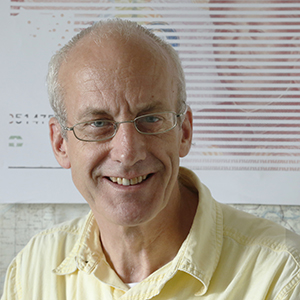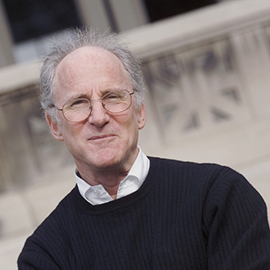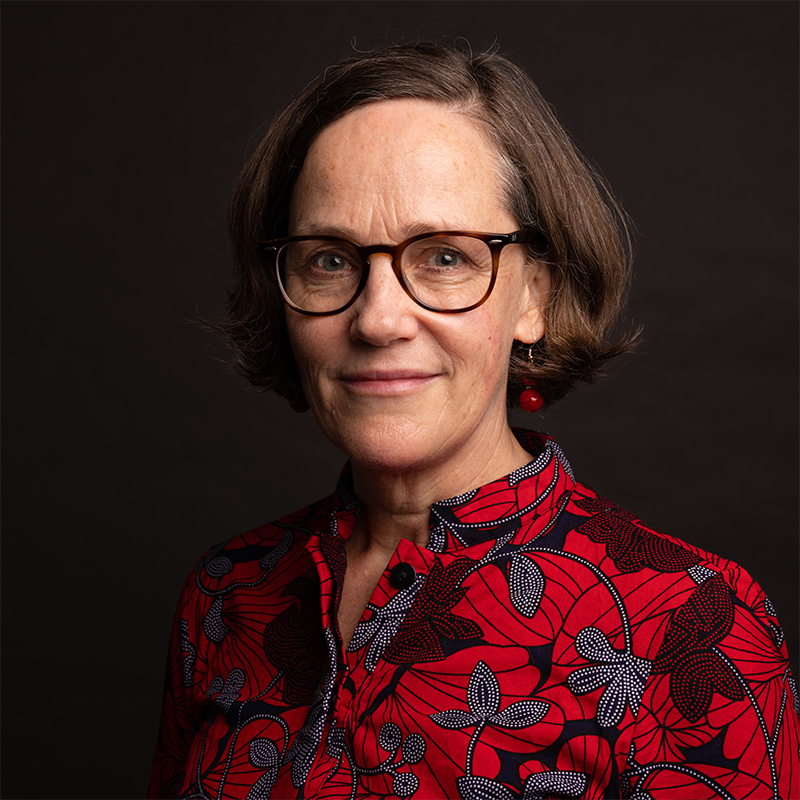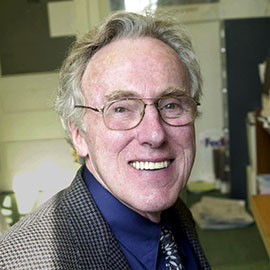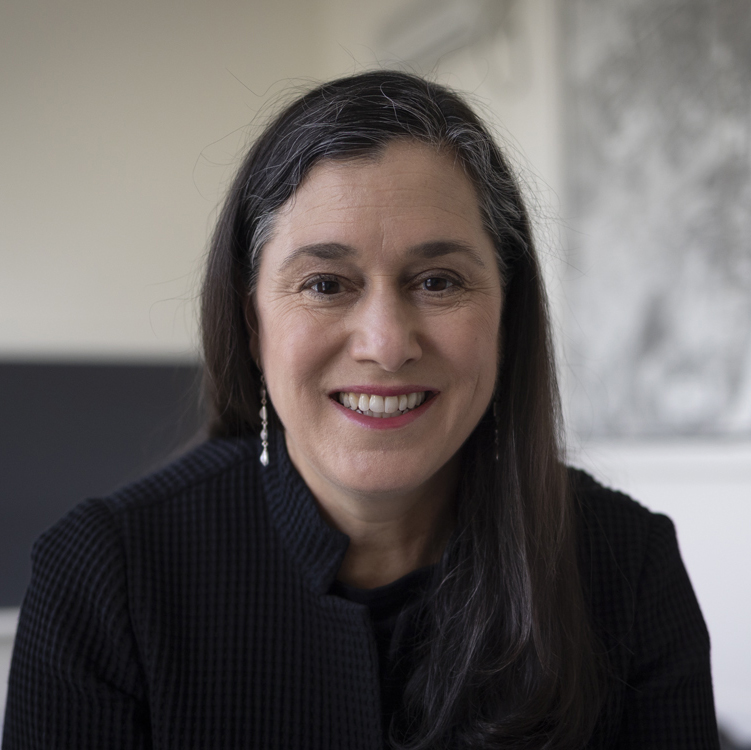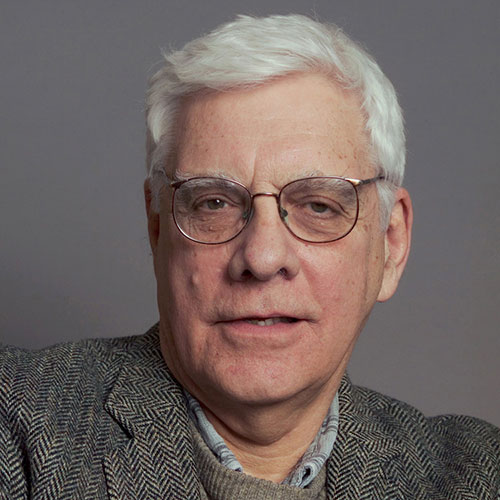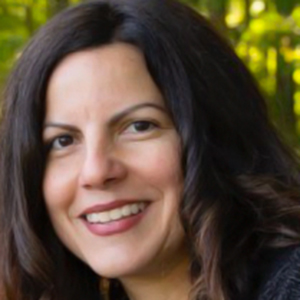My commitment to planning equity and justice is rooted in my own ties to the land and the trauma I witnessed when I-80 punched through the eminent domain portions of my grandfather's and uncle's farms in Liberty Valley.
Publications
-
Life After Service Learning: From a Class Project to a New Town Park
Frantz, George R. and Sherene Baugher. 2011. Landscape Journal.
-
Marcellus Shale Drilling and Agricultural Lands
2011. Finger Lakes Environment and Development Conference, Hobart and William Smith Colleges, Geneva, NY.
-
Short-Circuiting Controversy in Culture Resource Protection in Ithaca, New York
Frantz, Georg R. and Sherene Baugher. 2009. ASLA Landscape-Land Use Planning Newsletter.
Classes
-
Land Use, Environmental Planning, and Urban Design Workshop
CRP 3072/5072
-
Special Topics in Planning: Environmental Impact Review
CRP 3850/5850
-
International Planning and Development Workshop: Contemporary Urban Planning in Shanghai
CRP 5076
Selected Awards, Grants, and Fellowships
-
Faculty Fellow-in-Service, Cornell University
2011–12
-
Community Achievement Award, New York Upstate Chapter American Society of Landscape Architects
Inlet Valley Archaeological Survey and creation of Tuleto Park
2005
Selected Exhibitions and Presentations
-
Water Resource Protection in Small Cities and Rural Areas, American Techniques and Lessons for China
International City Infrastructure Management Conference, Hangzhou, PRC, 2018.
-
Cultural Resources Protection: A Proactive Approach
American Planning Association Tuesdays at APA Webinar Series, 2010.
-
Land Use, Agriculture, and Farmland Protection Strategies
American Society of Landscape Architects Annual Conference, Washington, DC, 2010.
